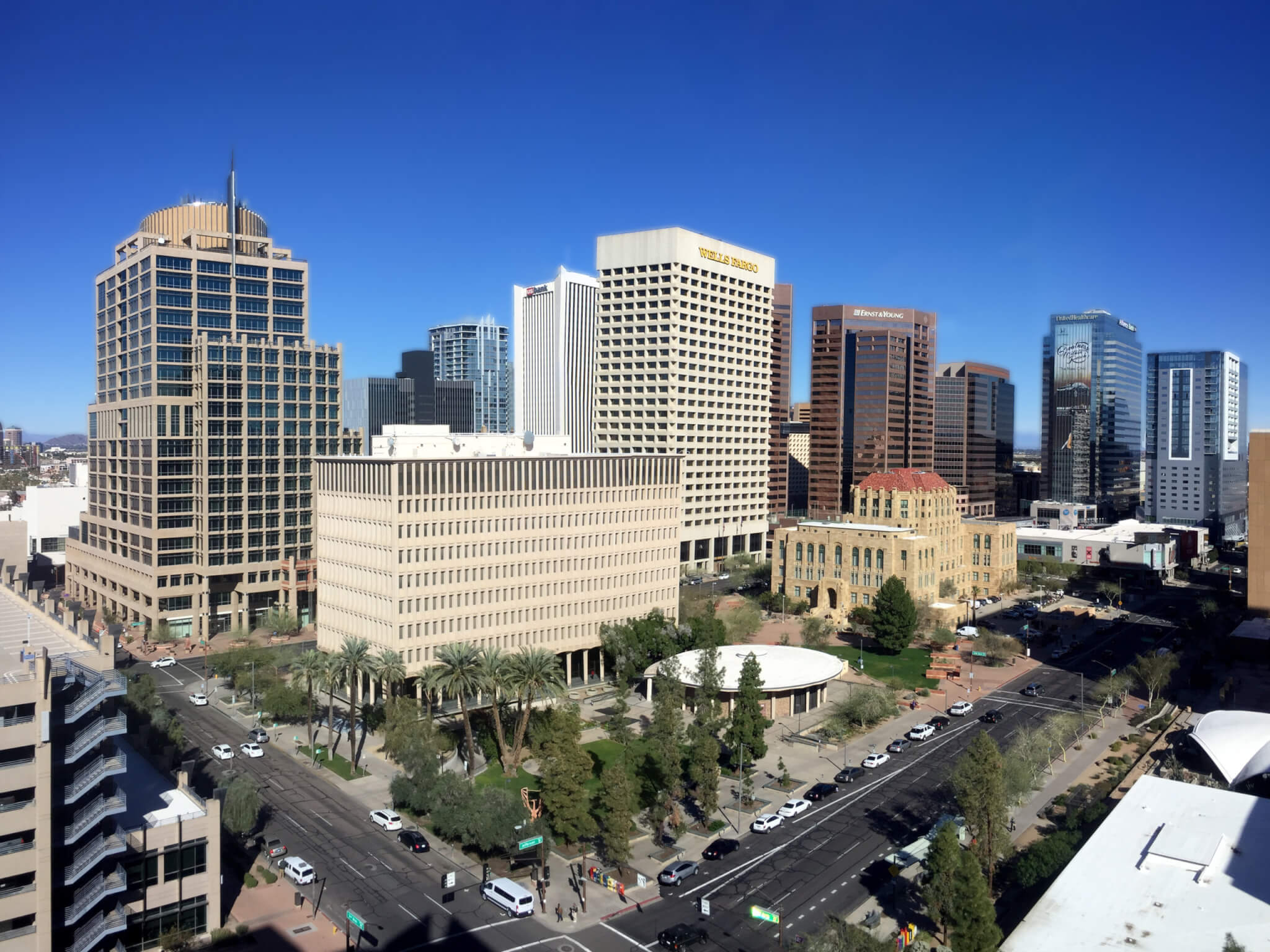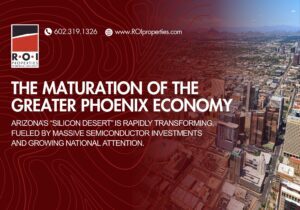The COVID-19 pandemic has disrupted our personal and business lives for the past few weeks, and even under the best of circumstances, the road ahead in commercial real estate is going to be bumpy. With uncertain business revenues and the resulting job losses, tenants are having trouble paying the bills—and in many cases, that includes rent. According to the Wall Street Journal, about half of U.S. small businesses haven’t paid their full rent or mortgage yet this month as a result of the coronavirus pandemic. Commercial landlords in Greater Phoenix who see softening in their rent rolls are going to need to get creative.
In ordinary times, a commercial landlord’s recourse for a tenant in default include commercial lockouts or evictions through the legal process. The situation became more challenging on April 6, when Arizona Governor Doug Ducey signed Executive Order 2020-21, which stops evictions and lockouts of small business tenants (500 or fewer employees) until May 31. Tenants are still obligated to pay the rent, however; failure to do so would put them in default and at risk of the usual eviction or lockout proceedings once the order expires. Additionally, non-payment may be problematic for tenants with other rights, duties and obligations in their leases. For instance, a default may preclude a tenant from exercising a future option to extend or acquire, etc.
Solutions for Commercial Landlords
Clearly, we are not in ordinary times. From a commercial landlord’s perspective, there’s a little bit of a standstill due to evictions being on hold. As a result, the best option is to do everything in your power to retain tenants that are viable long term. You want to show them that you are willing to work through a plan to get to the other side—and that you want to keep them in business. Ultimately, that will benefit you significantly more than vacancies and an income stream that dwindles to a trickle.
Ways of assisting them might include lease deferrals (tacking delinquent rent onto the back end of the lease); temporary lease waivers; or rent reductions for a given period of time or the remainder of a contract. The main priority is to sit down and proactively problem-solve, openly and honestly.
We have seen some notable examples of the power of creative thinking in the Greater Phoenix commercial real estate market. RED Development, whose properties include the Camelback Colonnade and Citiscape, created a program that reimburses employees for takeout orders from RED’s tenants. It not only helps keep up employee morale, it helps keep tenants in place. On the multifamily side of the industry, a number of developers have deferred rent. Camden Property Trust went even further, creating a $5 million Camden Cares Resident Relief Fund, waiving late fees for rent, implementing a moratorium on evictions, and sending out renewal notices with no rent increases.
These are times people will remember. As a business community, Greater Phoenix is at a stage where we are rethinking the way that we do things. In the commercial landlord–tenant relationship, that creative process is absolutely vital. Being flexible about your lease terms, in a way that makes sense for both parties, is the best way to ensure that you and your tenants survive and thrive!










